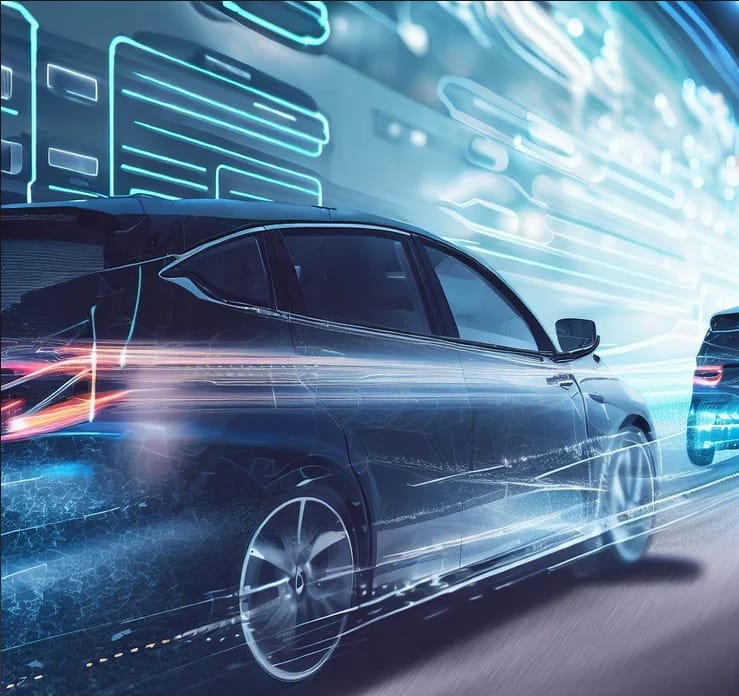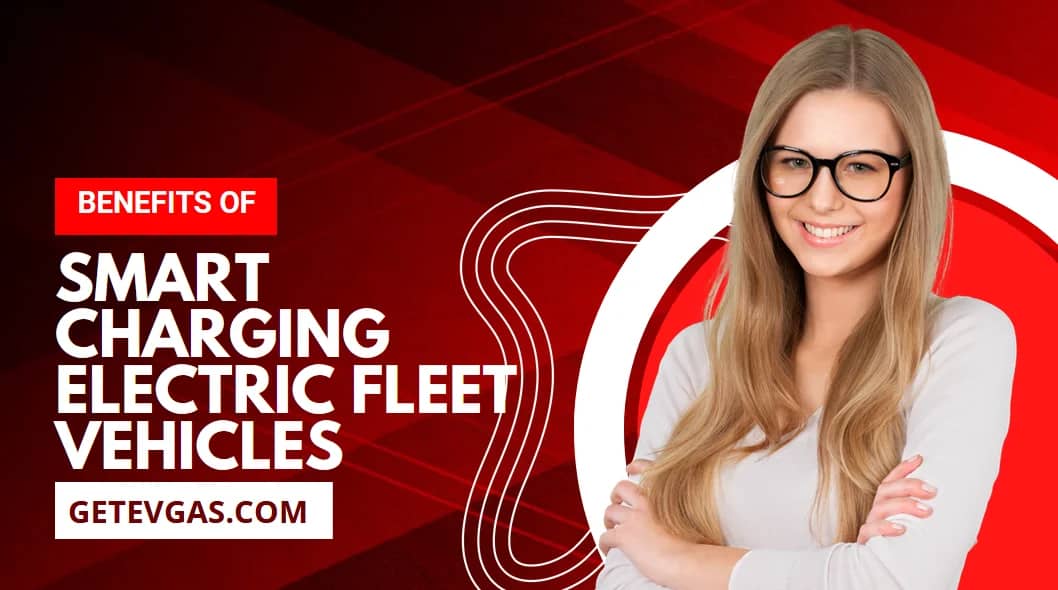Accelerating Fleet Electrification by Smart EV Charging is gaining momentum globally, with consumer adoption rising steadily year after year. However, fleet vehicles present a massive opportunity for even faster EV growth. Fleets only make up around 20% of vehicles on the road, yet they account for nearly 50% of all carbon emissions from road transport. With rising fuel costs and tightening emissions regulations, fleet electrification is becoming a top priority for managers.
Smart EV charging solutions are critical to help fleet managers implement electric vehicles smoothly and cost-effectively. Here are three key ways smart charging accelerates fleet electrification:
For fleet electrification to succeed, drivers must find charging their EVs as easy and convenient as refueling a gas vehicle. A seamless experience requires robust solutions for three crucial steps in the charging process:
Finding Available Chargers
At the depot, a smart charging system can automatically assign vehicles to chargers based on current battery levels and upcoming driving schedules. Sophisticated algorithms match vehicles that need the most charge to high-powered chargers, while ensuring all vehicles leave the depot fully charged to complete their planned routes.
While on the road, drivers need help locating suitable public charging stations along their route or near their destinations. User-friendly mobile apps integrated with the charging network guide drivers to partner stations available through roaming agreements. Real-time visibility into charger availability, status and reservations prevents wasted trips to occupied or faulty stations. Advanced navigation considers charging speed, connector types, and other vehicle and driver preferences.
Charging Up Without Hassle
Smart charging networks authorize and initiate charging sessions automatically through RFID cards or mobile apps. Drivers simply plug in and charging begins without any payment or authentication steps required. No buttons to press, apps to open, or credit cards to swipe. Charging just works.
For public charging, mobile apps pre-authorize and activate charging at any station through roaming networks. Back-end integration handles all billing and payment so drivers only need their charging app with no need to carry cards or cash to pay at the station.
Paying for Charging Seamlessly
To eliminate billing paperwork and reimbursement delays, smart charging systems directly bill the fleet operator for all charging costs and session fees. Whether charging at home, at public stations, or the depot, drivers never pay out of pocket. Their company covers all EV charging expenses automatically with no need to file expense reports. Usage data enables precise chargebacks based on consumption.
With no upfront costs for charging, full automation, and real-time load balancing, depot electrification becomes a seamless process. Drivers plug in vehicles whenever they return to base, and smart systems handle everything else.

Adding significant EV charging load can easily overload electrical infrastructure at depots, risking blown fuses, circuit failures and power outages. While upgrading capacity is expensive and highly disruptive, smart charging optimizes existing infrastructure usage to avoid exceeding site limits.
Sophisticated algorithms perform real-time dynamic load balancing, distributing available power in real-time between all connected vehicles. This prevents demand spikes while enabling a site to charge up to 6x as many vehicles compared to uncontrolled charging.
Smart systems also shift flexible charging loads to lower-priced off-peak hours based on dynamic time-of-use tariffs from the utility. Further savings come from using parked EVs as giant mobile batteries and returning surplus renewable energy to the grid at peak rates using advanced vehicle-to-grid integration.
With smart energy management, depots avoid costly electrical upgrades while maximizing EV charging capacity. Lower electricity costs also reduce the total cost of EV ownership.
With fleet vehicles in constant use, uptime and availability are paramount for chargers. But all chargers experience technical faults and failures over time which can severely disrupt operations if vehicles cannot charge. Comprehensive monitoring and management maintains maximum charging uptime.
Continuous monitoring by charger sensors and periodic health checks detect faults or failures immediately, even minor networking blips. Smart analytics differentiate real functional problems from transient glitches to avoid overreactions while still addressing actual technical problems swiftly.
Automated notifications alert depot managers and open support tickets to initiate a technician response. Based on the charger model, error codes, and symptoms, the system dispatches the appropriate technician with remote troubleshooting instructions to quickly restore full functionality.
Proactive monitoring, fault detection and automated issue resolution keep chargers operational 24/7. With smart management, charger problems get diagnosed and fixed before vehicles even return to the depot.

Streamlined charging powered by optimization algorithms and automation delivers tangible benefits beyond happy drivers and maximized electricity utilization:
With expert end-to-end management, smart charging gives fleets the confidence to commit fully to electrification. Drivers enjoy flawless charging experiences while managers optimize costs and utilization through actionable analytics. Purpose-built for commercial needs, smart EV infrastructure unlocks the operational efficiencies necessary to transition fleets smoothly at scale.
Seamless public charging through roaming networks expands the effective driving range of EVs. Lower fueling costs compared to gasoline and diesel provide immediate opex savings per mile driven. Combined with minimal charging infrastructure costs, accelerated maintenance schedules, and access to incentives, electrification powered by smart charging delivers stronger bottom lines, competitive advantages, and leadership in sustainability.
Fleet electrification also helps companies meet their ambitious net zero emissions targets through directly reducing carbon footprints. EVs charged with renewable energy produce zero direct tailpipe emissions. The positive public perception of EVs combined with visible adoption helps enhance brands as forward-thinking leaders taking action against climate change.
Key Takeaways
By making charging invisible yet optimized, smart EV infrastructure gives fleets the confidence to transition fully to electric vehicles. Driivz offers comprehensive smart charging solutions purpose-built for seamless fleet electrification at scale. Contact us today to learn more and chart your path to electrification.